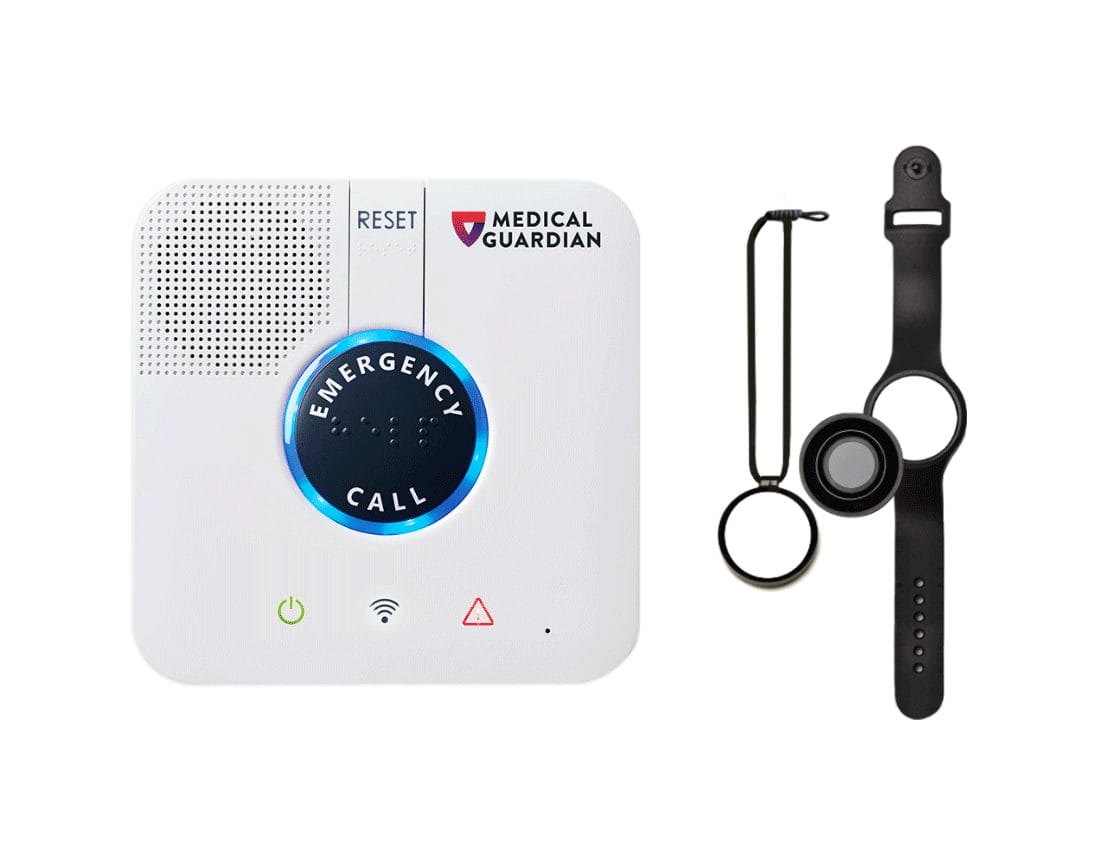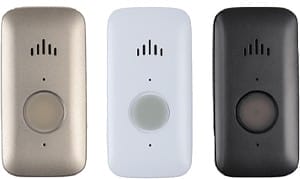
Medicare fraud and abuse are fraudulent practices that can cause older adults to compromise their personal information or lose money. Whether the scam involves billing for services that were never provided, stealing a Medicare beneficiary’s personal information, or some other deceitful behavior, seniors need to know how to protect themselves from Medicare fraud. Here, we’ll explain what constitutes Medicare fraud, how to recognize it, and what to do to stop it.
What is Medicare fraud?
Medicare fraud happens when a health care provider or other individual uses deceitful practices to defraud and illegally benefit from the Medicare system. Fraud can take many forms, such as accessing a person’s information and filing false Medicare claims to steal benefits, services, or prescription drugs from them for profit or personal use. The scammers also might use the victim’s personal information to receive payment for unrendered services. Some unscrupulous health care providers may double-bill for services or file claims for more expensive services than those provided.
Victims of Medicare fraud can be negatively affected in a number of ways. They may end up paying copays for services and supplies they don’t need or never receive. They also may be denied access to the health care they need if it appears that the care was already given and paid for.
Recognize these Medicare fraud red flags
There are several telltale signs of Medicare fraud. Look out for the following to protect yourself from becoming a victim.
Pay attention to any communication from someone claiming to represent Medicare, especially if you have not initiated contact. A common sign of fraud is when a scammer reaches out to you unsolicited. While you may receive legitimate marketing materials from providers who offer Medicare Advantage plans, for example, scammers might contact you with coercive or threatening tactics about purchasing Medicare plans or claim that your Medicare number has been suspended.
People attempting this kind of fraud might ask you to confirm your Medicare number so that they can help you “fix” a problem that doesn’t actually exist to instill a sense of urgency in you. Medicare will rarely call you unless you have reached out first for help, and they will never call to sell you anything or threaten to suspend your benefits.
Scammers might also send invoices that look legitimate. These invoices might contain official-looking letterhead, but make sure that you review them carefully. Verify any suspicious or unexpected invoices with Medicare to ensure they are legitimate.
Medicare fraud can also come in the form of double-billing or phantom billing. These two scams involve billing Medicare for unrendered services or billing twice for one treatment or visit. Be sure to review the explanation of benefits that Medicare sends you to ensure that all claims are legitimate.
How to protect yourself when you suspect Medicare fraud
It is important to act immediately if you believe you are being scammed. Here is what you should do if you suspect Medicare fraud.
Do not continue communicating
If you believe that a scammer has targeted you, stop all communication with the scammer. Hang up the phone, and do not respond to emails or text messages. Do not click on any links or open email attachments in suspicious emails. Do not follow directions to call a phone number if you receive a questionable letter or voicemail message instructing you to do so.
Do not provide information
Again, Medicare rarely spontaneously reaches out to you via phone, mail, or email requesting private information. If you get a phone call from someone asking for your Medicare number, you should immediately end the call. Do not provide the caller with any of your personal information, including your Medicare number, even if they seem to have access to some of your information. Do not enter any personal information into a suspect website. If you’ve received unsolicited contact from someone claiming to be a Medicare representative, you should call Medicare immediately at 1-800-MEDICARE (1-800-633-4227) to verify if the contact is legitimate.
Report the Medicare fraud
If you believe that a scammer contacted you, you should report the interaction to document the situation and to help prevent others from falling victim. If you have been the victim of Medicare fraud from a medical provider in original Medicare, call 1-800-MEDICARE or visit the United States Department of Health and Human Services Office of the Inspector General here to make a report. If you have been defrauded in a Medicare Advantage plan or Medicare drug plan, call 1-800-MEDICARE or contact the Investigations Medicare Drug Integrity Contractor at 1-877-7SAFERX (1-877-772-3379).
How can I keep my information safe from Medicare scammers?
Protecting yourself from Medicare fraud and keeping your information safe is important. Keep your information safe with the following practices:
- • Protect your Social Security number and Medicare number. Treat them like credit card numbers: Never share them online or over the phone unless you have verified the legitimacy of the website or caller.
- • Do not share your Medicare card or Social Security card.
- • Do not accept gifts from scammers offering money or free medical care in exchange for your information.
- • Do not give out your medical records to anyone other than your doctor, their team, or the trusted individual(s) you may state on estate planning or HIPAA documentation.
- • Do not respond to text messages, direct messages on social media, or emails from random people asking for sensitive information, even if they claim to represent Medicare. Verify the source of the communication by contacting Medicare directly.
Medicare fraud is a problem that costs billions of dollars each year. The best way to protect yourself from falling victim is to know the signs of a scam and what to do if a potential scammer has contacted you or if you’ve become a victim of fraud. With this knowledge, you can protect yourself and your Medicare benefits from fraudulent practices.








